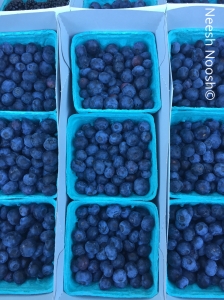Terumah describes the construction of the Tabernacle, a holy place where God dwells. Initially, the parsha seems rather dry: tiny details for lengths, colors of fabrics, types of materials and so forth. But a deeper read illuminates so much about the Israelites, their relationship to each other and to God through the construction of the Tabernacle.
God says Moses to “bring me gifts; you shall accept gifts for Me from every person whose heart so moves him” (25:3). Rabbi Abraham Isaac Kook asks: “Why did God command Moses to take the donations? The
verse should read that they must give an offering!” He continues, “So why did God command that these gifts for the Tabernacle, the first act of tzedakah (charity) on a national level, be donated solely out of sincere generosity?”
He explains that God asked for donations instead of offerings because, “By donating our time and money, we express our inner qualities of chessed and kindness in a concrete and tangible manner. The act of tzedakah actualizes our traits of generosity and contributes toward our own spiritual growth.” The Israelites acts of tzedekah were spiritually transformative. Continue reading




